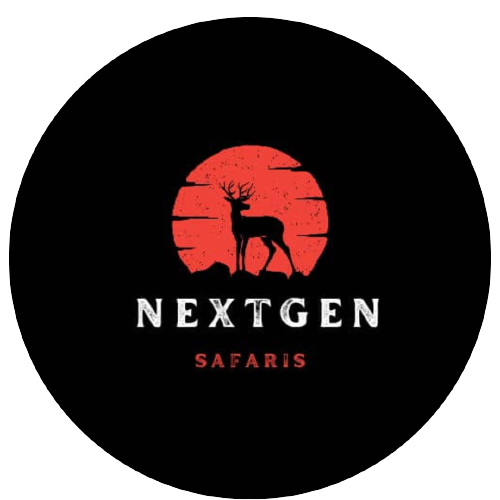Uganda Location and Uniqueness.
Where is Uganda Located | Interesting Facts
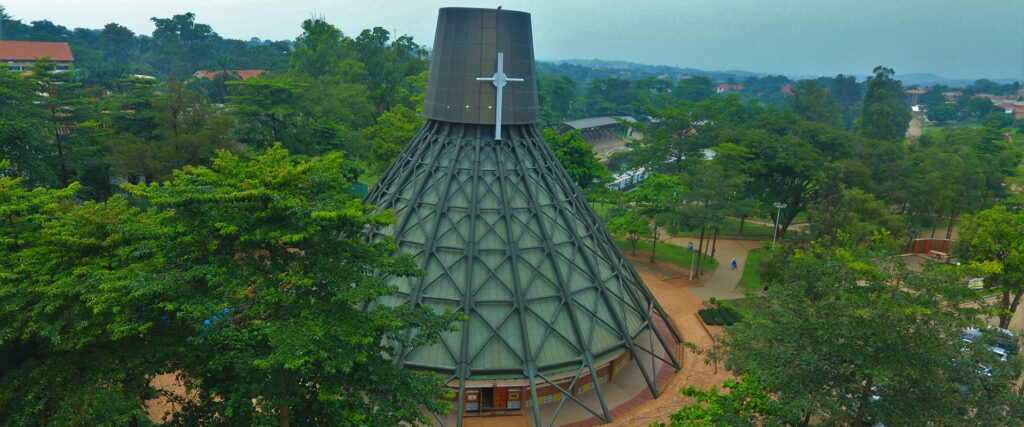
Uganda, known as the “Pearl of Africa,” is a landlocked country in East Africa, bordered by Kenya, Tanzania, Rwanda, South Sudan, and the Democratic Republic of the Congo. It boasts diverse landscapes, including the lush forests of Bwindi Impenetrable National Park, home to endangered mountain gorillas, and the vast savannas of Queen Elizabeth National Park.
Uganda is culturally rich, with over 56 ethnic groups, each contributing to its vibrant traditions and customs. While agriculture is the backbone of the economy, tourism, particularly wildlife safaris, is a growing industry. However, Uganda faces challenges such as political instability, poverty, and healthcare issues
Where is Uganda on African Map?

If you’ve been wondering where is Uganda located on map and what countries share a border with her, then look no further! Well, Uganda is located along the equator in East Africa on GPS coordinates 1° 22′ 14.63″ N Latitude and 32° 18′ 11.67″ E Longitude.
Facts about Uganda:
Population: $47 Millions (2021)
Land Area: 241,038 km2 (93,065 sq. mi)
Capital: Kampala City
Dialing Code: +256
Official Languages: English, Luganda and Swahili.
Official Currency: Shilling (UGX)
Time Zone: UTC+3 (EAT)
Driving: Left
National Carrier: Uganda Airlines
Independence: 9th/Oct/1962
President: Yoweri Museveni
How to Get to Uganda?
After knowing where Uganda is found, one might be curios on how to travel to Uganda. Being a landlocked country, air transport is the best way to get to Uganda via Entebbe International Airport. Get cheap flights to Uganda if you are to use airplane.
Some of the Airlines that fly to Uganda are:
From Asia
Etihad Airways, Fly Emirates, , Qatar Airways, Fly Dubai, Uganda Airlines
From Europe:
Uganda Airlines, Turkish Airlines, Brussels Airlines, KLM Dutch Airlines
From Africa:
Uganda Airlines, Ethiopian Airways, Rwandair, Kenya Airways.
Is there an opportunity to enter via land?
Visitors who intend to use land transport, Uganda borders points with her neighbors are always open and that is; Busia and Malaba from Kenya, Mutukula for Tanzania, Katuna, Kyanika or Mirama Hills from Rwanda and Nimule when coming from South Sudan
What requirements do you need to come to Uganda?
You are required to posses a valid passport, a Visa and a yellow fever vaccination card in order to be allowed entrance to Uganda. For East African community residents, a valid national ID is required
What are the iconic Attractions in Uganda?
Mountain Gorillas
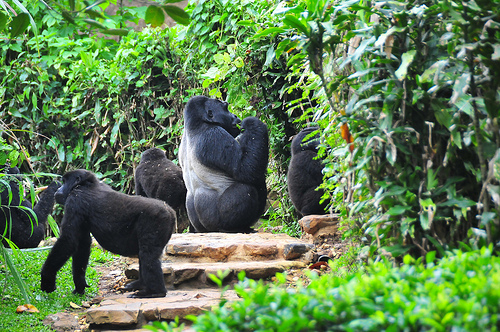
Uganda is renowned for its population of mountain gorillas, which reside in the dense forests of Bwindi Impenetrable National Park and Mgahinga Gorilla National Park.
These gentle giants are one of the most iconic and endangered species on Earth, with Uganda hosting almost half of the global population. Gorilla trekking experiences in Uganda offer visitors a unique opportunity to observe these magnificent creatures up close in their natural habitat.
Big Five
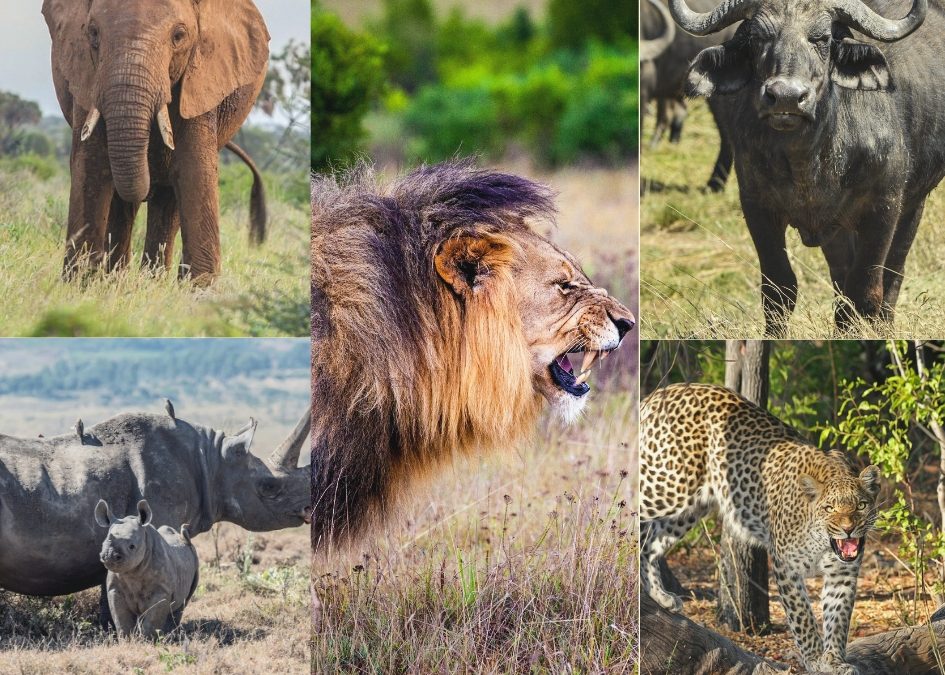
While Uganda doesn’t have the traditional Big Five like some African countries, it boasts its own impressive array of wildlife, including the elephant, lion, leopard, buffalo, and rhinoceros (though the rhino population is relatively small and protected). Visitors can encounter these majestic animals in several national parks and reserves, such as Queen Elizabeth National Park, Murchison Falls National Park, and Kidepo Valley National Park.
Mountains
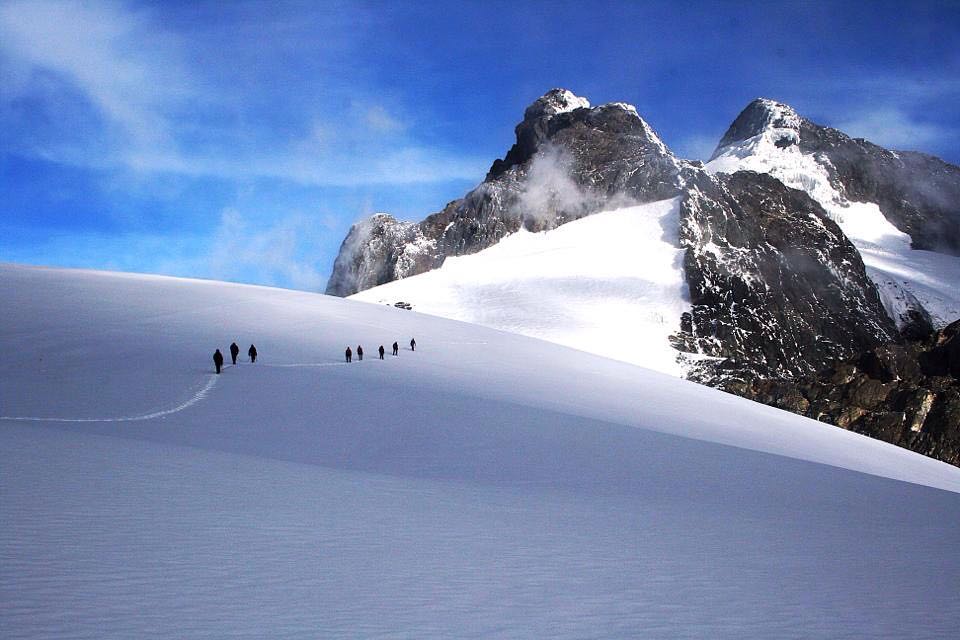
The Rwenzori Mountains, also known as the “Mountains of the Moon,” dominate Uganda’s western border with the Democratic Republic of the Congo. These legendary mountains are Africa’s third-highest range and are renowned for their stunning glaciers, unique flora and fauna, and challenging trekking routes.
The Rwenzoris offer adventurous climbers and hikers an unforgettable experience amidst mist-shrouded peaks and lush, moss-covered slopes.
Waterfalls
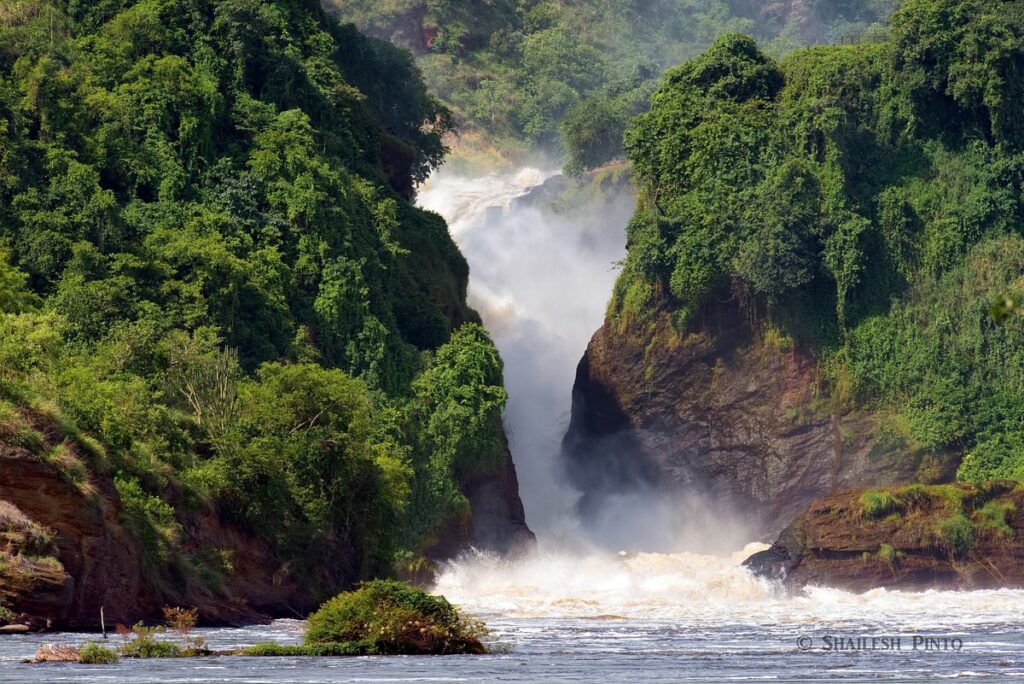
Uganda is blessed with numerous breathtaking waterfalls scattered throughout the country. One of the most famous is Murchison Falls, where the Nile River forces its way through a narrow gorge, creating a powerful cascade before plunging into Lake Albert.
Sipi Falls, located in the foothills of Mount Elgon, is another notable attraction, featuring a series of three stunning waterfalls surrounded by lush greenery and dramatic cliffs.
Lakes.
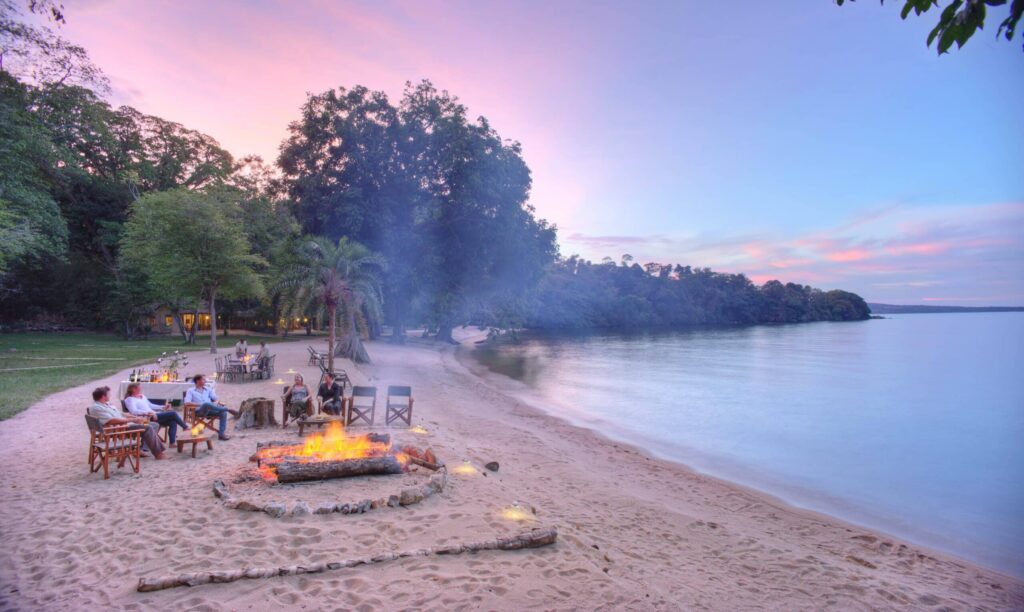
Uganda is dotted with an array of beautiful lakes, each with its own unique charm. Lake Victoria, the largest lake in Africa and the second-largest freshwater lake in the world, forms a significant part of Uganda’s southern border.
Other notable lakes include Lake Bunyonyi, known for its scenic beauty and tranquil islands, and Lake Mburo, located within Lake Mburo National Park, offering opportunities for boat safaris and birdwatching.
Rivers
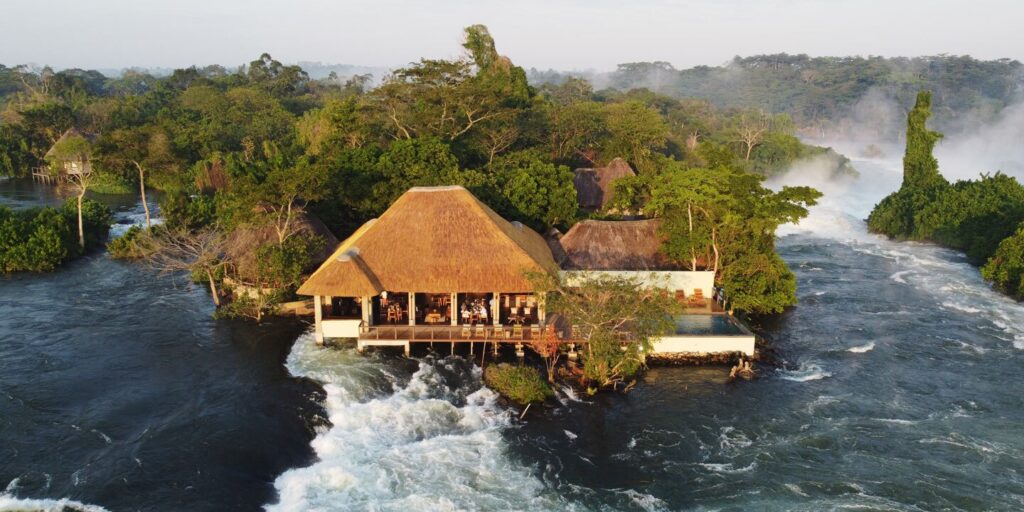
Uganda’s landscape is crisscrossed by numerous rivers, providing vital water sources for both wildlife and human populations. The Nile River, the world’s longest river, originates from Lake Victoria and flows northward through Uganda, offering opportunities for thrilling white-water rafting adventures, especially near Jinja, the “Adventure Capital of East Africa.”
Other prominent rivers include the Albert Nile, the Victoria Nile, and the Kazinga Channel.
Birds
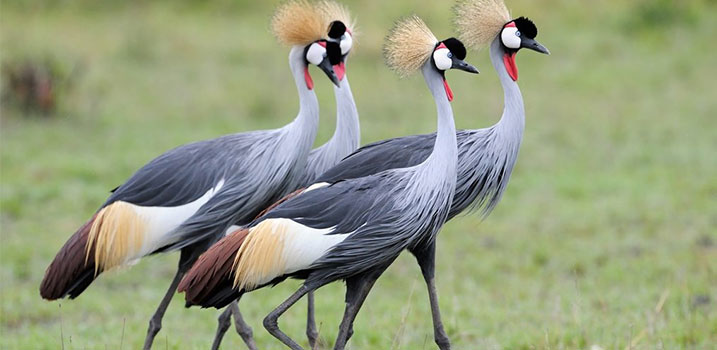
With over 1,000 species of birds, Uganda is a paradise for birdwatchers. The country’s diverse habitats, including forests, wetlands, savannas, and lakeshores, support an incredible variety of avian life.
Key birding destinations include the Kibale Forest National Park, home to over 300 species including the elusive green-breasted pitta, and Queen Elizabeth National Park, known for its prolific birdlife along the Kazinga Channel and Ishasha River.
Butterflies

Uganda’s tropical climate and diverse ecosystems make it a haven for butterfly enthusiasts. The country boasts an impressive array of butterfly species, with estimates ranging from 1,200 to 1,500 species. Butterfly watching is a popular activity in places like Bwindi Impenetrable National Park and Kibale Forest National Park, where visitors can spot a kaleidoscope of colorful butterflies flitting among the flowers and foliage.
Forests
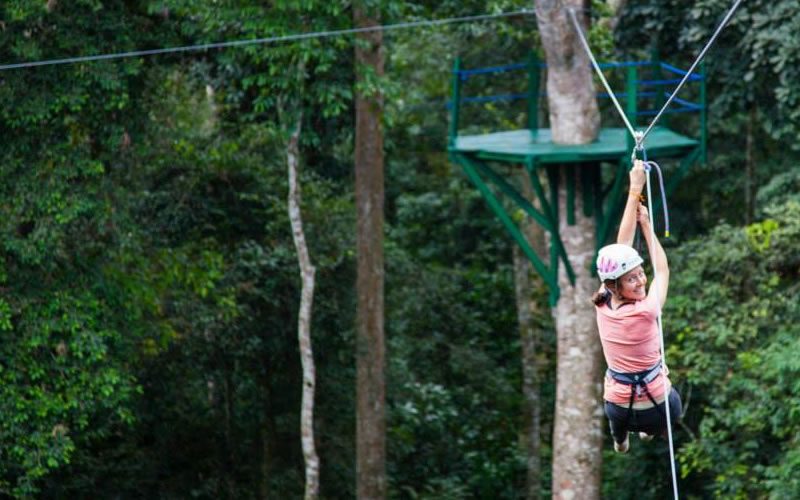
Uganda is renowned for its lush forests, which are home to an incredible array of flora and fauna. One of the most famous is the Bwindi Impenetrable Forest, a UNESCO World Heritage Site, known for its population of endangered mountain gorillas. Murchison Falls National Park also boasts dense forests along the Nile River, providing a habitat for various species of primates, birds, and other wildlife.
Chimpanzees.

Chimpanzees are one of Uganda’s most beloved inhabitants, and the country offers excellent opportunities for chimpanzee tracking and habituation experiences. Kibale National Park is a prime location for encountering these intelligent primates, with guided treks available to observe them in their natural habitat. Budongo Forest Reserve and Queen Elizabeth National Park are also notable for their chimpanzee populations.
Hot Springs:
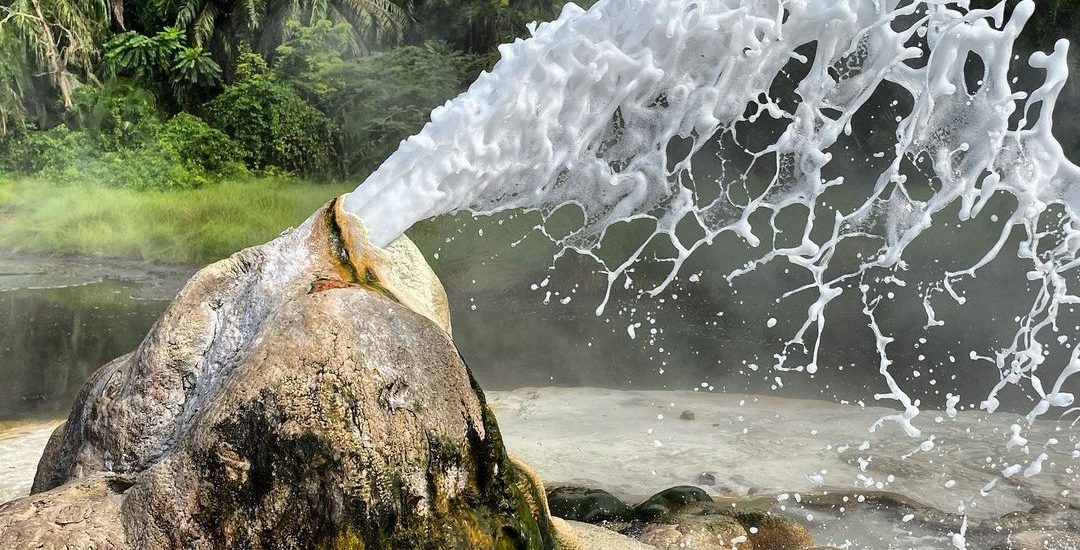
Uganda is blessed with numerous hot springs scattered across the country, each with its own unique characteristics and purported health benefits. Semuliki National Park is home to the Semuliki Hot Springs, which bubble up from the depths of the earth at temperatures reaching up to 103°C (217°F).
These springs are not only a geological wonder but also culturally significant, as they have been used for healing purposes by local communities for generations.
Culture

Ugandan culture is rich and diverse, with over 56 ethnic groups, each with its own traditions, languages, and customs. The country’s cultural heritage is celebrated through vibrant music, dance, art, and festivals. The Buganda Kingdom, with its royal palaces and ceremonial sites, offers a fascinating glimpse into Uganda’s monarchical history.
Traditional ceremonies such as the Imbalu circumcision ritual among the Bagisu people and the vibrant dances of the Karamojong warriors showcase the depth and diversity of Ugandan culture. Additionally, the country is renowned for its welcoming hospitality, with visitors often invited to participate in cultural activities and ceremonies.
-
GENERAL INFORMATION ON A UGANDA SAFARI
ENTRY REQUIREMENTS: All visitors to Uganda must have a valid passport with at least 4 consecutive blanks pages. Any applicable visa and/or relevant documentation are the responsibility of the traveller. For further information on Visa requirements visitors are advised to contact their nearest Uganda Embassy or Consulate.LANGUAGE:EnglishTIME: GMT +3VOLTAGE: 220 Volts/AC50Hz. Sockets are UK style, 3 pin square plugs. Power is from the government in the city/major towns and generator with inverter back up in the Safari Lodges and Camps.CURRENCY: Foreign currency must be changed at the Bank, Bureau de Change, and Hotel/Safari lodge/Camp/Resort. Major Credit Cards, Master card, Visa, American Express, are usually accepted throughout the country. Where credit cards are accepted, the payment will normally be recorded in US$ regardless of the card’s default currency.CLOTHING: Dress is mainly informal and should be comfortable as well as practical. Something warm should be brought along for early morning and evenings. Safari clothes are available from hotels/lodges/camps.BAGGAGE: Where possible, travel light. Baggage space on safari is limited to medium suitcase or soft bag per person plus reasonable amount of hand luggage. There is 15 Kilogram per person limit on all flights to the wildlife sanctuaries. Excess luggage must be stored in your arrival hotel.WATER: You will find many different of opinion of what is safe and what is not. We recommend for peace of mind, to drink local Bottled Mineral water. It is important to drink plenty of water especially during the hotter months. We would recommend that guests drink at least 2 to 3 liters of water per day to limit the effects of dehydration.HEALTH; East Africa is a safe and secure destination; however, it is a good idea to take a few precautions. Kindly consult your GP or local doctor at least 6 weeks before you travel, with regards: Malaria prophylactics. East Africa is a known malaria area and preventive measures are essential. You are advised to take one of the recommended anti-malarial drugs. Be sure to wear long sleeved shorts and trousers after sunset and spray the exposed parts of your body with a mosquito repellent spray Remember to protect yourself from direct sun rays with sunscreen cream or safari hat.DIETARY REQUIREMENTS: For those guests with specific dietary requirement, please ensure we are notified prior to travelGRATUITIES: As a guideline and dependent on how happy you are, we would suggest the following: The General Hotel/Lodge/Camp Staff – Approximately U$ 10.00 per person per day Driver Guides – Approximately US$ 15.00 to US$ 20.00 per person per day.PHOTOGRAPHY: Please be careful when photographing public buildings, airports, bridges, the national flag and people in uniform. Ensure that you have sought permission before photographing local people and their villages. If in doubt, please check with your guide.-
Book a Customized Safari
Read about
10 Things you Should NOT DO on an African Safari.
What to expect on a safari in Uganda.
Bwindi Impenetrable National Park
How to Choose the Best Tour Operate for Your Safari in Africa
12-Day Gorilla Tracking in Bwindi
Some of our Gorilla and wildlife Safaris
1 Day Jinja Ultimate tour Experience
1 Day White Water Rafting in Jinja
3 Days Bwindi Gorilla Habituation via Rwanda
3 Day Birding Safaris and Photography in Uganda
3 Day Safari to Queen Elizabeth National Park
3 Day fly in Gorilla Trekking Safari from Masai Mara
3 Day Grand Gorilla Trekking Safari
4 Day Chimpanzee and Gorilla Trekking Safari
-
